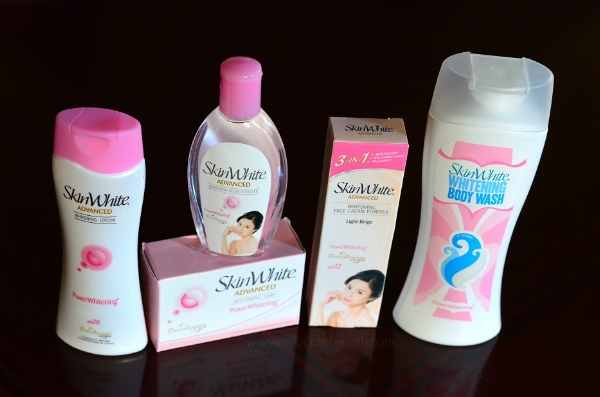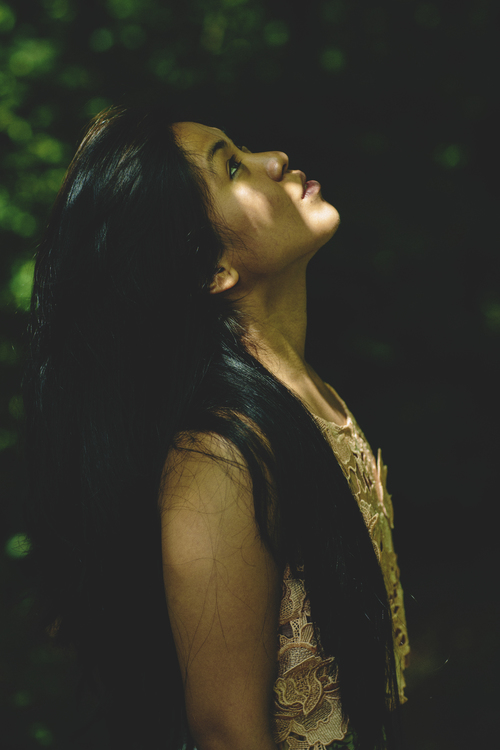Confronting Anti-Blackness and White Supremacy in the Pilipinx Community with Acts of Decolonization
Photo by Andy Omvik on Unsplash
In the wake of the most blatantly visible white supremacist violence of our time escalating in the United States and the persistence of communities staying silent, finding rationales, and giving excuses to maintain a way of living that supports racist systems of oppression, I have been looking deeply at the way many in the Pilipinx community contribute to the persistence of this violence. There is a part of our colonized past that shifted our ancestors beliefs to regard light skin, and white-western ways of living as superior to our own. I think on how many of our ancestors had to suffer and die by the cross and sword of the Spanish and be beaten, imprisoned and traumatized in physical and mental slavery, which has caused us to demonize and reject the brownness of our Indigenous skin - only to be perpetuated by American Imperialism and neo-colonial rule that continues today.
It’s been heartbreaking to engage in conversations with individuals in our Pilipinx communities who protect white supremacy with their own actions, words and beliefs. I was raised in it and continue to hear even my parents in states of ignorance, bound to those imbedded colonized beliefs that those with dark, black and brown skin are lesser than. I see how my Aunt whitens her skin with products sold in the Philippines that promise beautification through skin lightening. I watch the self-hate unfold when elders and youth use umbrellas to shade themselves in resistance to the sun activating their melanin. I remember the day I told my parents I was dating a man of Dominican descent and they asked me “What is that? Is that black?” with a tone of concern in their voices - to which I answered, “Yes, Afro-Caribbean. He has African ancestry. Why? Is there something wrong with that?” My father stayed silent. I recalled moments in my upbringing where I witnessed my family echoing the constructed identities created by our ancestral oppressors and making judgements about Black brothers and sisters that perpetuated stereotypical ideas - that they were dangerous, criminals, and delinquents; that to be Black meant to be poor, wild, and uncultured. It’s painful to have grown up accepting that my parents held racist beliefs, and it caused a lot of conflict between us throughout my upbringing. But as I aged, what I understood more and more is that my parents were conditioned to believe in these imposed truths from a long line of conditioning through colonization. These racist ideas have been affirmed by societal constructs of institutionalized racism that continue to allow racism to thrive in the most insidious ways.
Some of the many skin whitening products sold in the Philippines
All of these seemingly “harmless” acts and ideas uphold and allow more blatantly violent and hateful displays of racism and white supremacy to continue - like what happened in Charlottesville last month - and how a President (that many Pilipinxs votes for) excuses the actions of neo-Nazi demonstrators, yet demonizes anti-racist protesters. This parallels what has been happening in our communities, with Black men, women, and children being shot in the streets by police officers who are meant to protect and serve.
It is time for us to hold up a mirror to ourselves and our Pilipinx communities and invite all of us to do heavy decolonization work around the racist beliefs and practices that persist amongst us that make our people ally with the oppressor, glorify the colonizer, and perpetuate white supremacy and violence against our Black brothers and sisters.
Challenge Daily Practices at Home that Give Power to White Supremacy
This can feel like the hardest thing to do, and is why I put it first on our list. The Revolution starts at home. It starts with the way we "invite in" our loved ones to understand how their actions and daily practices uphold praise of whiteness. It's important to speak up when loved ones make racist comments or perpetuate racist stereotypes. Name the wrong when it is being done, with the intention of wanting betterment for our loved ones. I would seek to create spaces of learning and understanding, instead of letting shame or guilt to be what leads these exchanges. How can we invite ourselves to understand where we may have begun using whitening skin products, or how we were taught that Black and Brown skin was "bad" and was a sign of lessened value? How can our conversations seek to see the beauty and upliftment of Black and Brown skin? I know these conversations take deep patience - so in walking into these exchanges, hold deep prayer in your heart to really Listen. Maybe the challenge really begins by inviting an opportunity for talk-story, and for lessons of where their practices were rooted.
Educate Yourself and Family/Community About Indigenous Roots and the Existence of Indigenous Peoples
The next level and possible support to the fierce conversations that you invite your loved ones and community to have, is to bring awareness and connection for yourself and them about the Peoples of our Indigenous communities who hold the visible remnants of our Black and Brown Indigenous roots like the Aeta, Ati, Dumagat, Mamanwa, and Tagbanua. We live in an age where knowledge is at our fingertips and we have the opportunity to connect with so many Kapatids around the globe who are doing work to uplift our Indigenous communities in the Motherland. Know that it can just begin with a Google search of: "Blackness in the Philippines," "Black Indigenous Roots in the Philippines," "White Supremacy in the Philippines" etc.
Aeta people in Luzon / Photo cred: Originalpeople.org
Bring Visibility to Dark-Skinned and Black Pilipinxs
The glorification of whiteness within our communities begins in our Motherland, where the seeds were first planted in our ancestors. One of the most powerful ways to combat this hate of self and of our brothers and sisters is to bring visibility to their existence, their narratives, their beauty, and also their struggle. Use your platforms and spaces of community to shine light on the stories of our Kapatid who have faced the realities of injustice based on the color of their skin, and give them space to share their own narratives. Elevate the images and workings of our Kapatid who exhibit the truth of beauty and power of their Brown and Black skin in the way they walk the world - all the activists, the artists, the healers, the warriors, the teachers, the visionaries, the elders, the children - elevate their visibility and find ways to celebrate our ancestry with and through their existence.
Support Organizations and Activists That Fight Anti-Blackness
There are so many organizations that are doing beautiful work to fight anti-blackness and racist actions and policies. It's time more than ever to connect our communities and resources to the work in solidarity of common struggle and common fight. Make alliances and connections to those who see their liberation intertwined with ours. Reach out to Pilipinx activist organizations and ask what they are doing in line with causes against white supremacy and anti-blackness. Defer to Black community organizations and movements, like Black Lives Matter coalitions in your hometowns, that have been doing the deep work for all of us.
By Jana Lynne "JL" Umipig
instagram - facebook - website
Pronouns: She/Her/JL
Jana Lynne "JL" Umipig is a multidisciplinary artist, educator, and activist who seeks to elevate the narratives of Pilipina wom*n as a reflection of her own life's journey toward decolonizing, re-indigenizing and humanizing self. She is the creator of the acclaimed Movement Theatre production "The Journey of a Brown Girl," noted as a "transformative human experience through the lens of the Pinay Narrative." She is a core member of The Center for Babaylan Studies, an Inner Dance facilitator, and founder of Butikaryo mga Babae, which creates sacred space for Pinay Womxn Healers seeking to learn and remember healing practice and knowledge connected to our ancestral traditions.













